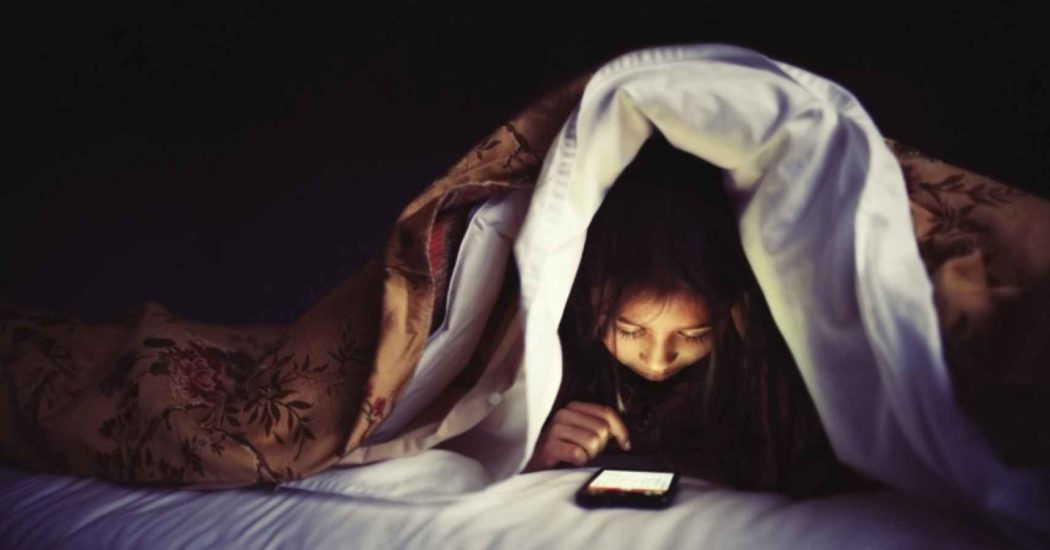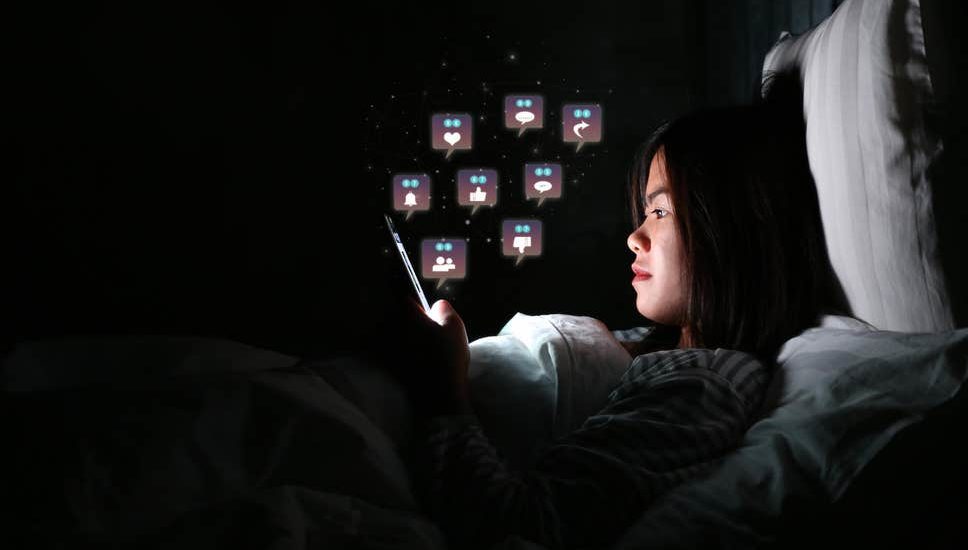
The present youngsters have a ton on their plate. They make progress toward impeccable evaluations, school exposition commendable volunteer gigs, trophies in numerous games — and a significant number of regardless them discover hours daily to spend via web-based networking media.
“This is an incredibly stressful time to be a teenager,” says pediatrician Megan Moreno, an analyst at the University of Wisconsin-Madison.
To complete everything, youngsters are “sacrificing their in-person time,” Moreno says.
What’s more, it might be they’re attempting to make for up it on the web. Another report from the U.K. says that more than 1 of every 5 teenagers there go through five hours or more for each day via web-based networking media. What’s more, the heavier clients of internet based life get the opportunity to bed later and get less fortunate quality rest.
While those insights may send a few guardians scrambling directly to the divider outlet to unplug the Wi-Fi switch, Moreno says that online life is again and again portrayed as either totally fortunate or unfortunate, when actually progressively confused for youngsters.
“Social media is the way that they stay in touch with each other,” they says.
They says specialists should concentrate rather on comprehension “where social media fits in within this culture of constant connection.”
The new examination, which was discharged Tuesday in the diary BMJ Open, depended on self-detailed review information from about 12,000 young members in the U.K. Thousand years Cohort Study — a broadly agent gathering of people conceived in 2000 and 2001. The examination tried to assemble gauge information about high school internet based life use in the U.K. to illuminate rules for safe online networking use — likened to the U.S. rules set by the American Academy of Pediatrics.

The examination found a wide range in how long every day teenagers are spending via web-based networking media. Young ladies in general were bound to be substantial clients. At the low end, 22.8% of females and 43.8% of guys utilized internet based life for not exactly an hour out of each day, and at the top of the line, 28.4% of females and 13.7% of guys utilized web based life for at least five hours of the day.
Maybe obviously, the examination found a connection between high internet based life use and poor rest designs. In particular, youngsters who report heavier online life use rest later.
Furthermore, the examination creators note, late sleep times are connected with more unfortunate scholastic and psychological well-being results. A collection of research has discovered a relationship between substantial screen use among youngsters and sorrow, however the connection is discussed.
Holly Scott, a scientist at the University of Glasgow and the investigation’s essential creator, isn’t sounding the alert. They says, “it’s easy to look at the results of this and think, ‘We should just get teenagers to spend less time on social media.’ I think that’s an understandable response, but what I really encourage people to do is look beyond that.”
They says individuals should focus on the “important emotional and cognitive and social factors” at play with when adolescents are utilizing online life.
Moreno concurs. They says their patients portray utilizing internet based life to stay in contact with relatives who live far away, or twofold checking a schoolwork task with an educator or cohort after school, notwithstanding keeping up associations with companions.
“Many kids can’t find time to hang out with their friends because they’re all in forty different activities,” Moreno says.
Scott stresses that the examination is indicating a connection between’s online networking and poor rest, however not really showing circumstances and logical results.
“Certainly some teens do say that they struggle to get off of social media at night — they might be worried about missing out on things, or affecting their friends by not answering messages — and they stay up late from that,” they says. But, “maybe for some of those young people they are a have a naturally later body clock, and are passing their free time at night on social media until they’re ready to fall asleep,” they says.
What’s more, Scott says the pattern of information they’ve caught, particularly the huge number of teenagers towards the low-finish of every day internet based life utilization, is outlandish. “There’s an assumption that all teenagers are spending all their time on social media,” Scott says, however the numbers show a wide range. They says that is basic data to have with regards to building general wellbeing proposals.
Moreno says that setting likewise matters when making proposals. “Social media is a reflection of our culture. When we see studies that say, ‘Hey, these kids aren’t sleeping as well as they used to,’ we need to be able to say, “Okay, there’s a correlation with social media, but what does that mean to us as a culture? How did we allow this to be the case?’ ”
The American Academy of Pediatrics rules which were refreshed in 2016 recommend guardians work with their children to make a family media use plan. That may mean setting a family-wide check in time for online life, or concentrating on accomplishing a greater amount of their screen-time exercises together.
Moreno additionally underscores the intensity of encouraging feedback in case people’re attempting to help an adolescent change their conduct: “I think taking the time to remind people of the things that they’re doing well — if it gives you that feeling of feeling good — then you’re more likely to keep doing that than if you’re only focused on the things that you need to fix.”
Disclaimer: The views, suggestions, and opinions expressed here are the sole responsibility of the experts. No journalist was involved in the writing and production of this article.

